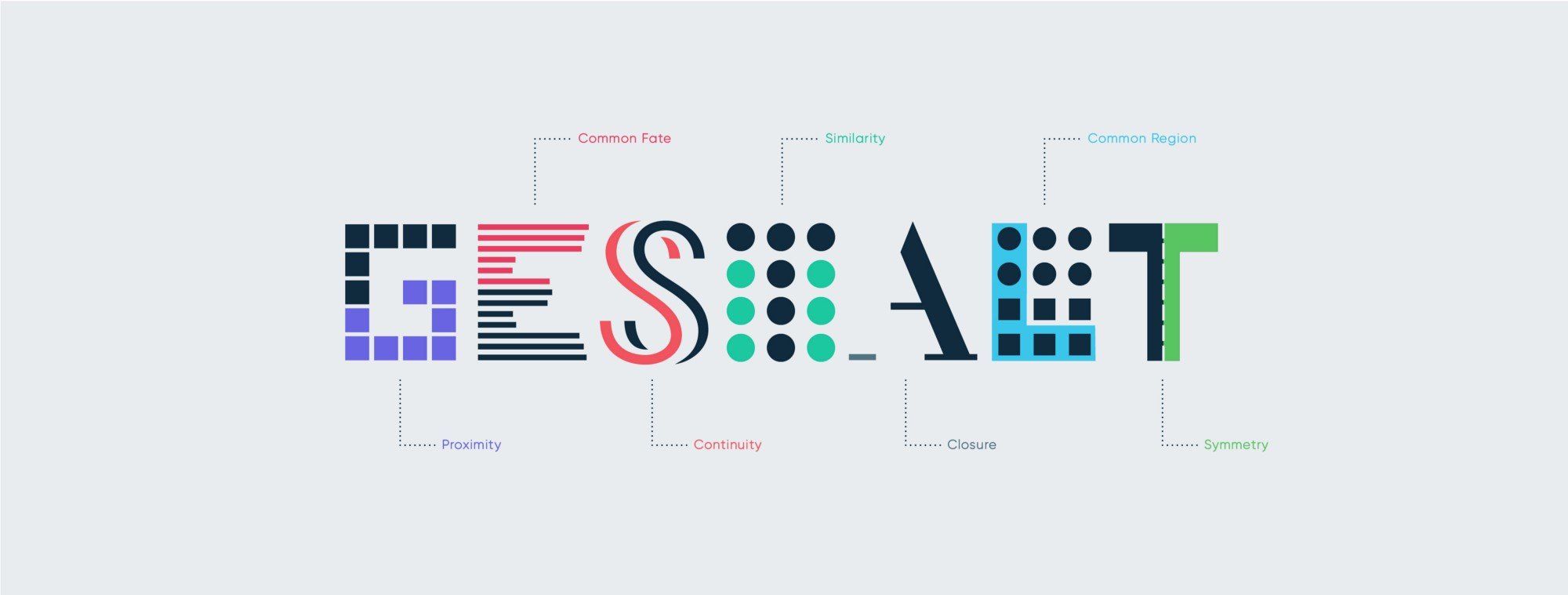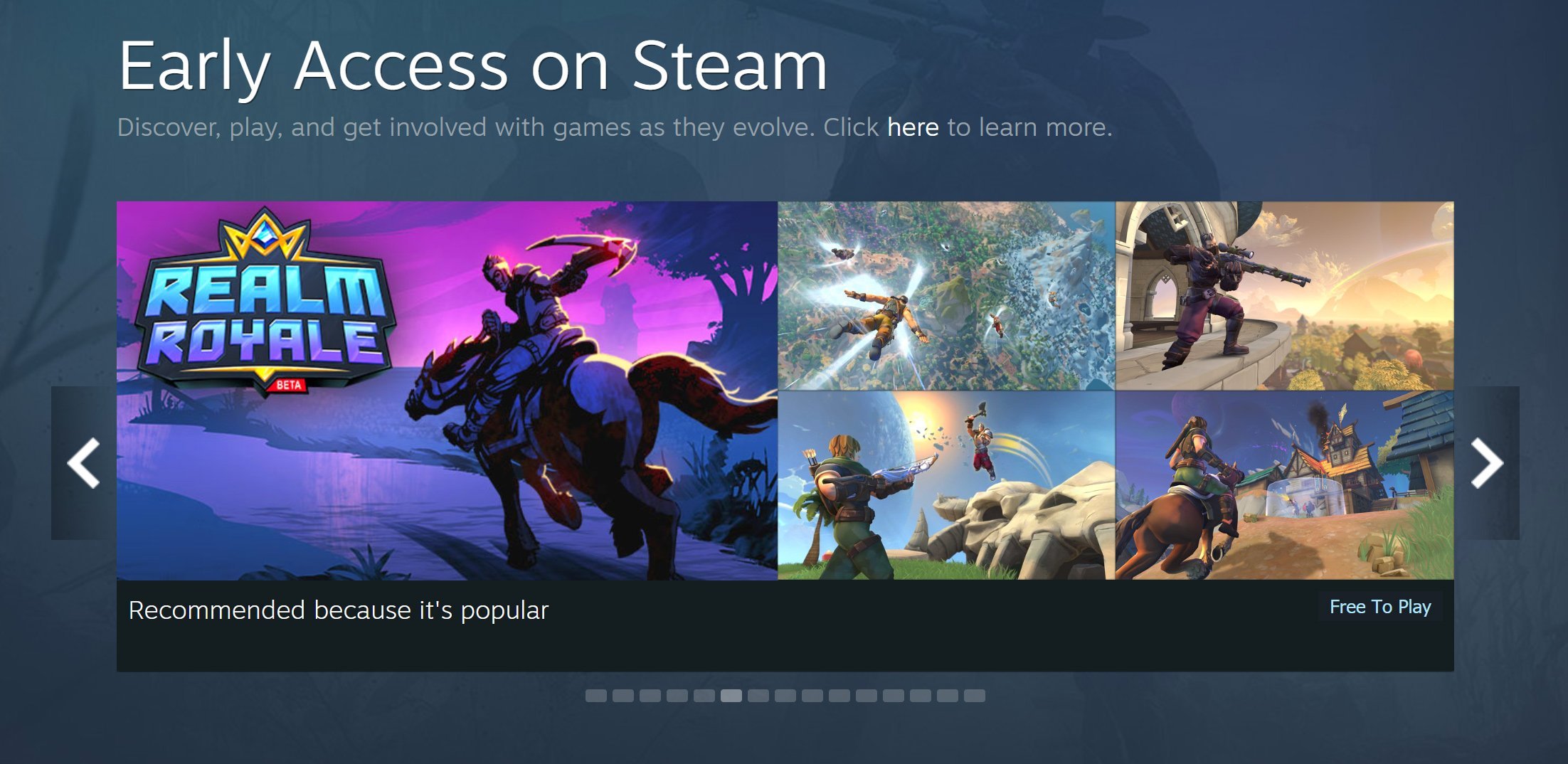
It takes a special kind of creativity to make millions of people fall in love with city planning and life simulators. Will Wright’s work on SimCity, The Sims, and Spore have engaged players’ creative minds and built thriving communities that have spanned years and console generations. The Sims, in particular, has earned several billion dollars for publisher Electronic Arts and put Wright in the position to define his career however he sees fit.
Wright left Maxis in 2009 and founded Stupid Fun Club. Now he’s hoping to pass on some of his top learnings on game design by partnering with MasterClass, a popular online education program that hosts videos from experts in their fields, like Gordon Ramsay, Martin Scorsese, Steve Martin, Serena Williams and many others. The class is $90 for lifetime access to a specific class or $180 per year for the All-Access Pass, which grants unlimited access to all new and existing classes.
Although Wright is thrilled to be able to teach others his approach, he told GameDaily that he’s not seeking to do this full-time or to become a professor at a game design university.
“I’d actually never heard of MasterClass and then I looked into it and I was just blown away by the quality of the lessons and the people that were giving them,” Wright said. “I was honored that they asked me to participate. I’ve given a lot of talks over the years, probably hundreds, but they were always for a very specific audience [on] narrow topics. I’d never actually tried to wrap my arms around the whole thing and say, ‘If I were to teach game design, here’s how I would do it.’
“So, for me it was a really interesting challenge. Can I take all this material over the years and then try to make it a cohesive whole and in my own mind, deciding okay, ‘This is the way I think I would present game design.’ So, I really enjoyed the challenge of doing it. And that’s kind of how it came about.
“I do enjoy conveying what I can to other people, of course. I have a very unique perspective and it’s going to be different than others. There’s this whole thing that to really learn something, you have to teach it. And I’ve found that whenever I have to give a talk or something like this, in my own mind, I have to sit there and understand how this is structured, what comes first, what the foundation is that you start laying other layers on top of. So, for me, I probably maybe got more out of it than any of the students will.”
There will be about 20 videos online in Wright’s MasterClass, ranging from 15 to 35 minutes each, and according to the press release, “Students will learn Wright’s toolset for understanding player psychology and mental modeling; his approach for developing a visual language, game mechanics and player interactions; as well as his techniques for playtesting and prototyping.”
Wright said it’s “fairly comprehensive” and guides students through a “branching design tree.”
“I really enjoyed sitting down and spending several weeks just thinking about this,” he continued. “It’s not really about how to program in Java or how to do animation. It’s not so much about the technical side because there’s plenty of resources for that. What I saw seemed to be lacking out there was just fundamental design approach to game design, as a designer.”
Design fundamentals have everything to do with psychology. For game design, that psychology is rooted in understanding the human condition and how evolution has shaped our understanding of ourselves and the world around us.
“I think that you have to kind of understand first of all, what gaming is,” Wright said. “And there’s an essential MasterClass actually kind of counterpointing games and story, which I think are two sides of the same coin. I think games and story are fundamentally both educational technologies that were developed by evolution. That’s why we enjoy doing them. Our brains evolved to enjoy learning and those are two of the most efficient primary ways in which we learn.
“I think starting from there, you kind of work your way in and start saying, ‘What kind of experience can I put a person into to get someone into the flow state where they understand a lot of it, but they’re challenged on another part of it and it’s actually growing their brain, or growing their thought process?’ And so, as designers, to me that’s kind of like the palette and that’s why I’m not really focused on coding; that stuff’s going to change every year and it’s pretty straightforward to teach programming and animation, those kinds of things. What’s much harder, the harder part of the whole system, is the player’s mind.
“We’re dealing with two things here. We’re dealing with the computer in front of you and the player’s mind. The player’s mind is the other thing we’re programming and that’s the much more mysterious, deeper tricky one to program. That’s kind of what I focused most of these lessons on is how to understand that computer and how to learn to efficiently program it.”
At the core of the MasterClass is the importance of the universality of design principles. Even though the class being taught is about game design, the principles taught can be applied to much more than games.

“I think this is really the starting point for somebody to decide or to understand as a designer, this is what game design is about and this is how I should think about it, which will then probably influence where you go from there educationally,” Wright noted. “Do I need to learn programs? Do I need to learn this, that and the other? Or maybe I don’t want to be a game designer. Maybe I want to become an architect or something else.
“But there’s still a lot of lessons in game design that are applicable outside of game design. So I see this as very designer focused almost in the sense of industrial designers, you know. If you really look at this from a design point of view, a designer is a problem solver, is flexible, knows how to learn what they need to learn. That’s kind of the space I see this falling in that I hadn’t really seen out there.”
Looking back on his career, Wright was not afraid to acknowledge some of his stumbles. He said that the most important thing for any game designer to realize is that you can learn a lot from failure. He pointed to SimEarth as one notable title that didn’t quite pan out. Even just getting the original Sims up and running was a major challenge.
“I learned a lot from SimEarth. I think The Sims was a very hard earned success that taught me the value of perseverance. So I’ve learned something from almost every project I worked on,” he remarked.
Spore, whose evolutionary marvels (and sometimes foibles) are a bit more recent (mid-2000s), was also met with a mixed reception. Wright wouldn’t necessarily want a do-over though.
“I feel like with every single design that I’ve learned, after releasing it that, ‘Oh, it could have been this or it could have been that.’ But, I think the important part for me was to make sure I learned from it, from that failure. The things that I go back and say I would have changed, the next time I do a design, I’ve learned from that lesson. So, in that sense, I wouldn’t change much because each one of those things where I would have gone back and changed something, taught me and made me a different designer going forward,” he stressed.
Wright had to quickly learn to become an advocate for the work that he and his team were doing. Internally at Maxis, some employees referred to The Sims as “The Toilet Game” because players could clean toilets. They didn’t grasp what Wright was looking to achieve.
“Even going all the way back to SimCity, people when I first described SimCity to them, they said, ‘Who wants to design a city? That sounds boring.’ So, I think it’s a matter of trusting your own internal compass,” he added. “I was lucky to have a few successes early on like with SimCity where I learned to trust my compass. Even if people said, ‘Okay, it’s a stupid idea.’ I didn’t let that phase me.
“Sometimes it was a stupid idea and I tried to learn, ‘Okay, some of my ideas are stupid.’ But on the other hand, you learn to trust yourself more and if you’re doing something unique, that nobody’s seen before, you can’t expect them to know what your envisioning if they’ve never seen it before. So, it’s not like they’re stupid for not understanding it. It’s more like, you have to show it to them.”

One benefit that many game designers have today that Wright did not for the majority of his career is an open development process. Steam Early Access, for example, only launched five years ago. More and more game developers are routinely sharing early builds of their games and iterating on critical feedback they receive.
“I’m actually so happy that’s happened,” Wright remarked, “Because I think about 15 years ago, there was a real danger, it seemed like every game was costing $10 or $20 million, needed 100 people, a huge budget and the only safe bet was a sequel so nothing creative was happening. So, I think, for me it really seemed like a scary place for the industry to be headed. And then the app market exploded and now, all of a sudden, some guys in a garage can go off and build an app… So, I think what we’re in now is a much, much healthier phase.
“I think the idea that the players are now part of your design team, it’s great. And I think that for me, I would much rather be in that kind of an environment than the alternative.”
The democratization of game development has certainly contributed to the deluge of games available on digital marketplaces, leading to discoverability issues. At this point, these issues just come with the territory now, Wright said, and designers need to either learn marketing or enlist help.
“We typically separate in our minds the idea of designing a game from a marketing game. But I think now, because of the signal to noise issue, that’s going to become a very big part of the design process,” he said. “How do you get visibility? A lot of this will be social engineering, things like that. So I think that now that marketing is starting to become more and more incorporated into what I would call the design process because of that, that’s the environment you get drawn into and so it’s every bit as important as the playability and addictiveness of your game.”
Wright has seen some monumental changes in gaming over the last 30 years, but he’s more optimistic than ever for the industry’s future, partially because the audience itself has matured.
“I think gaming still has a bit of a stigma attached to it, although a lot less than it used to because I think most of the parents now grew up with games,” he commented. “About 15 years, 20 years ago, the parents were never exposed to games but they saw their kids playing games. The games were this horrible influence. I think, even in education, the teachers that are now in schools can understand computers because they grew up with them, whereas the generation before, the kids understood the computers and the teachers didn’t, so it was threatening to the teachers. I think that’s a big change right there.”
Wright will be turning 59 in January. It’s unclear how many more games he has left in the tank, but his next project, Proxi, sounds like his most ambitious yet. It’s aiming to turn players’ own memories into game worlds.
“My whole career has kind of gotten me closer and closer to the player, I think,” he said. “With Proxi, I started getting into a very deeply personal [space], in terms of can I take the player’s subconscious and make that the landscape for the gameplay?
“I was really fascinated by how much of us, our intelligence, our mind, is kind of invisible to us. There’s been a lot of research in that area that even things that we think that we’re overtly deciding, in fact, we’re deciding subconsciously ahead of time and it’s more like, ‘Oh, I meant to do that.’ Our conscious mind is really almost more of a timestamp, I think, to help us remember things. I think most of our real thoughts and our real behaviors, real decisions, are winded up subconsciously. So there’s this whole hidden iceberg in your mind, I think, that I was wondering if I could use something like in computer games to illuminate it, almost like a telescope or microscope. Can I see into my subconscious and build a map of it? Actually visualize how I think and who I am? That’s kind of what brought me to Proxi.”
Creating a game using an individual’s memories seems a bit science-fiction, but as Wright described it — It’s all about channeling people’s key memories. Wright pointed to a notable episode of Star Trek: The Next Generation in which Captain Picard was connected to an alien probe and thought he had lived this whole other life on another world.
“There are other science-fiction stories where people have been implanted with a whole new set of memories [too] and as soon as they wake up with those new memories, they are a different person,” Wright continued. “They behave differently, they act … everything’s different. So, I was sort of fascinated by the idea that we are nothing really but the collection of our memories of our life. And I was wondering if I could collectively import memories of somebody’s life, I could start reconstructing how they think and the associations they have and who they are.
“We came up with a very simple format to put a memory in, just a few key words, maybe a picture. And then under the hood, we do a lot of AI work looking for associations and patterns and stuff. Most people might consider a spider as scary, but you might consider spiders tasty, or fun, or whatever, but unique compared to everybody else, right?
“So what’s in these things, these things that break the expected pattern? That make you unique? And then drill in on those things by asking questions about it. Why do you think spiders are tasty? Basically, the rough idea is by using the memories, the important memories of your past, I don’t mean like every lunch at Starbucks, but the things is, I asked you what the 2,000 most important memories in your life are… I would have a good sense of who you are. So the idea was can we use a game to extract those memories and then start analyzing them and then start drilling in deeper and start interrogating you. But all in the gaming format. I want the whole thing to be fun and playful, not deep and serious. So, basically how do we make your mind, your subconscious, a game?”
Proxi is heavily AI-based and we talked at length about the rapid progress in AI and how he has both excitement and fear about how we’re on the verge of “sharing this planet with another sentient.” GameDaily has covered this before in our talks with OpenAI and former Epic Games president Mike Capps. “I think that’s probably going to be the biggest transformation we end up going through, probably even in my lifetime,” he said.
Is Proxi the last major game for Wright? Has he contemplated his future retirement? Wright said he’s basically just taking it day-to-day, and doesn’t think about it much.
“I don’t know that I even think quite that strategically. I’m enjoying the project I’m working on and it will be released and I’ll see the reception and I’ll go from there. So it’s not like I’ve pre-decided that I’m going to work until this age and then retire and go fishing,” he said.
For more stories like this one delivered straight to your inbox, please subscribe to the GameDailyBiz Digest!
 GameDaily.biz © 2025 | All Rights Reserved.
GameDaily.biz © 2025 | All Rights Reserved.